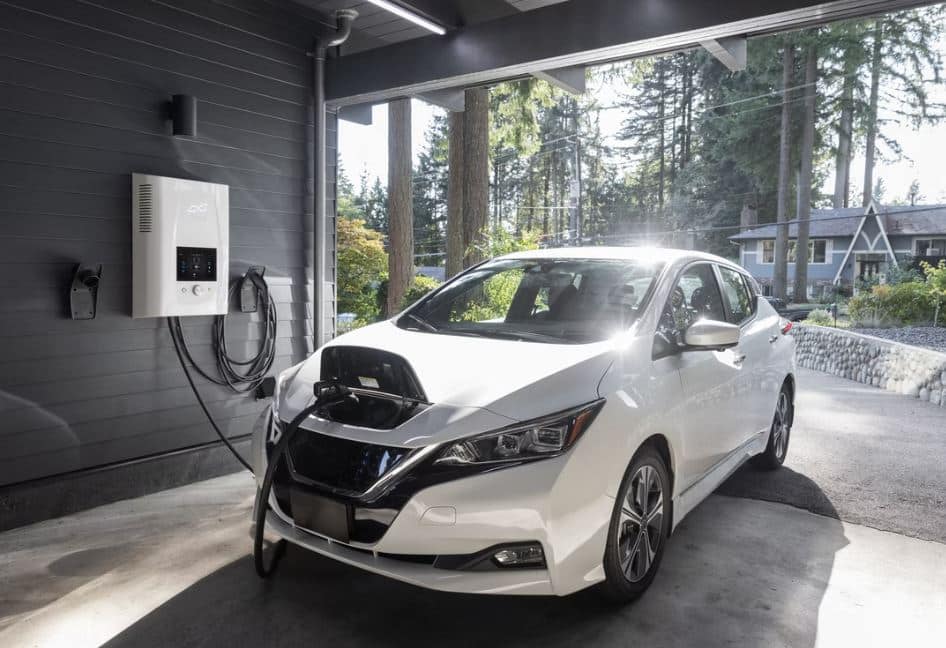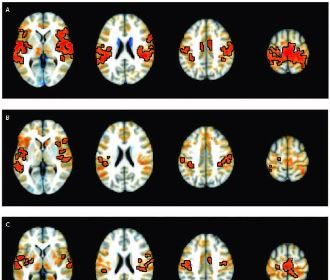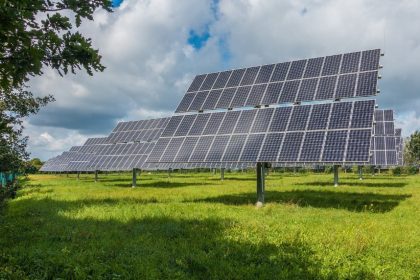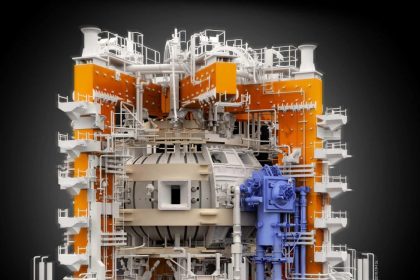Rebates, Not Tax Incentives the Better ‘Fuel’ for Electric Vehicle Adoption

WASHINGTON — A new study from George Washington University suggests that while tax incentives have played an important role in encouraging consumers to buy electric vehicles, direct rebates would be far more effective in getting the widest range of drivers to switch to EVs.
The study, “Not all subsidies are equal: Measuring preferences for electric vehicle financial incentives,” was published in Environmental Research Letters, a quarterly, peer-reviewed scientific journal.
The findings were then distributed by Science Daily, a website that aggregates press releases and publishes them in lightly edited versions.
In it, co-authors Laura Roberson and John Paul Helveston say their research has shown that the current federal incentive — a tax credit — is actually valued the least by car buyers.
The study also found that while time-delayed incentives like federal tax credits favor wealthier buyers, immediate incentives like direct rebates were strongly preferred by used car buyers and buyers with lower incomes.
“The current federal electric vehicle tax scheme is a pain,” said Helveston, an assistant professor of engineering management and systems engineering at the university.
“First of all, you have to have money. You have to be wealthy enough to buy the whole car and then wait for your tax-break kickback in April,” he said. “But if you’re not in that class of buyers, you often need the money when you buy the car or you’re not going to buy it.
“Our study shows that an immediate rebate at the point of sale would be more equitable and potentially more effective in broadening the buying market for electric vehicles,” he said.
As things work now, consumers can receive as much as $7,500 in tax credits from the federal government for purchasing an electric vehicle.
However, as Helveston said, the current tax break regime requires that buyers pay the full vehicle price and then wait to receive the credit when filing their taxes.
The researchers found that changing how the incentive is given to a potential buyer changes how much they value it.
Before arriving at their conclusions, Roberson and Helveston conducted a national survey among general public car buyers to quantify how much car buyers valued different types of incentives, such as a tax credit, a tax deduction, a sales tax exemption and an immediate rebate.
They found that car buyers overwhelmingly preferred an immediate rebate provided at the point of sale. For the same subsidy amount, buyers valued the rebate by $1,450 more than a tax credit, and this preference was nearly double for lower-income households, used vehicle buyers and buyers with lower budgets.
The researchers also found that changing the perceived value of an incentive affects how much money the federal government can offer for the incentive to still be effective.
“If you gave the incentive to car buyers as cash on the hood, our study found that you could lower the subsidy by almost $1,500. That’s how much people value immediacy,” said Roberson, an engineering management and systems engineering Ph.D. student at GW and lead author of the study.
“So $7,500 in April when I file taxes is the same to me as $6,000 if you gave me that money at the point of sale. That’s a huge difference in valuation,” she said.
The researchers estimate that, on average, the federal government could have saved $2 billion, or $1,440 per electric vehicle sold, if the federal subsidy available between 2011 and 2019 had been delivered as an immediate rebate instead of a tax credit.
Dan can be reached at [email protected] and @DanMcCue
























